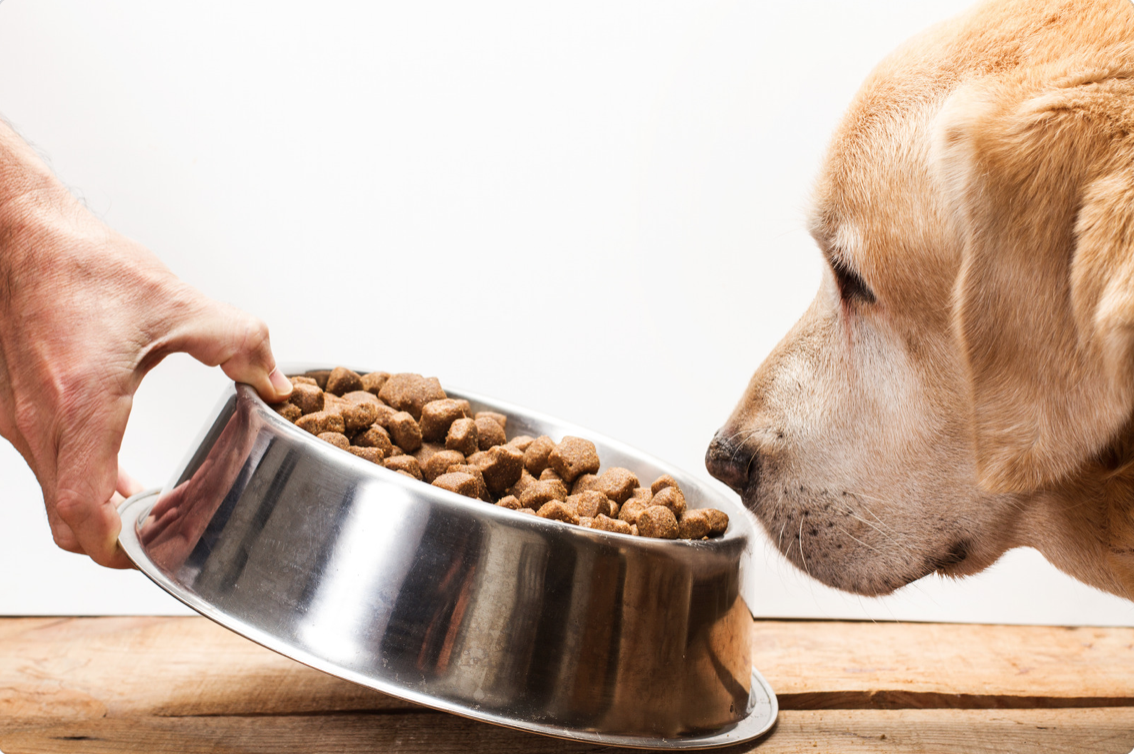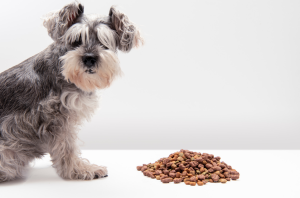
Diet Matters for Special Dogs
Dogs with unique health challenges, be it a physical disability, chronic illness, or post-surgery recovery, require tailored diets. The right nutrition plays a critical role in supporting their well-being. Let’s dive into why and how diet is essential for these special dogs!
Nutritional Balance is Key
Just as with any other dog, it’s crucial that special dogs receive a balanced diet. This means ensuring they get the right amount of proteins, fats, carbohydrates, vitamins, and minerals. However, their specific conditions might dictate deviations from the norm. For instance, a dog with a muscular condition might require more protein, while one with kidney issues might need reduced protein intake.
Food Allergies and Sensitivities
Dogs with chronic illnesses or other health issues might develop food allergies or sensitivities. This can manifest in a variety of symptoms such as skin irritations, digestive problems, or respiratory issues. Identifying and eliminating allergenic ingredients from their diet can greatly improve their quality of life.
Special dogs may also develop a food sensitivity if they are on specific medications. There are a number of medications that are known to cause stomach upset, so switching to a food that is easy to digest or is catered to sensitive stomachs may be beneficial.
Weight Management
For dogs with mobility issues, maintaining an optimal weight is crucial. Excess weight can exacerbate joint problems or make it harder for a dog with physical disabilities to move around. Make sure your dog isn’t consuming more calories than the recommended amount! On the other hand, some conditions might lead to unintended weight loss. In such cases, a high-calorie, nutrient-dense diet will help your pup keep on the pounds.
Consistency is Crucial
Dogs with special requirements often thrive on routine, and this includes consistent feeding times and a stable diet. Sudden changes in their food can lead to digestive issues or exacerbate existing health problems.
This can be the case when giving your dog treats as well. Always test out new treats in small quantities to make sure they won’t upset your dog’s tummy. If you’re looking for tasty and healthy treats that both you and your dog can eat together, check out our guide on dog safe human snacks!
Special Diets for Specific Conditions
Many common conditions require specialized diets. Some examples of that are:
- Diabetic Dogs: Dogs with diabetes need a consistent and specialized diet, usually low in simple carbohydrates, to prevent spikes in blood sugar.
- Dogs with Kidney Disease: Reduced protein, phosphorus, and certain other minerals are vital for these dogs to reduce the workload on their kidneys.
- Dogs with Liver Disease: A diet lower in fats and certain proteins might be necessary, alongside increased fiber intake.
- Heart Conditions: Dogs with heart issues often benefit from diets low in sodium to reduce fluid retention and strain on the heart.
- Pancreatitis or Gastrointestinal Issues: These dogs may require diets that are easily digestible, low in fat, and rich in fiber.
- Food Allergies or Intolerances: Some dogs need hypoallergenic diets, which might mean avoiding common allergens like beef, chicken, wheat, or corn.
- Joint and Mobility Issues: Dogs with arthritis or other joint problems can benefit from diets rich in omega-3 fatty acids, which have anti-inflammatory properties.
Hydration Matters
While it’s always important for dogs to stay hydrated, special dogs might require closer monitoring. Dogs with kidney disease or urinary issues, for instance, can benefit from increased water intake. This rule goes for dogs that are on certain medications as well. Some medicine can cause dehydration or increased water intake, so always ensure your dog has fresh water available.
Consultation with a Veterinarian is Essential
The most important point we want to make is to always consult with a veterinarian or a canine nutritionist when determining the best diet for your special dog. They can provide guidance tailored to your dog’s specific health issues and needs.
Nourishing Our Special Companions
 Ensuring your special dog is eating a good diet is so important! While it does require some effort and vigilance on your part, the rewards are clear: a happier, healthier life for your beloved furry companion. Remember, food is more than just sustenance; it’s a pivotal tool in managing and improving your pup’s overall well-being.
Ensuring your special dog is eating a good diet is so important! While it does require some effort and vigilance on your part, the rewards are clear: a happier, healthier life for your beloved furry companion. Remember, food is more than just sustenance; it’s a pivotal tool in managing and improving your pup’s overall well-being.
For more information, check out these excellent tips on how to keep your disabled dog happy and healthy by handicappedpets.com!
